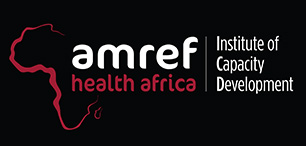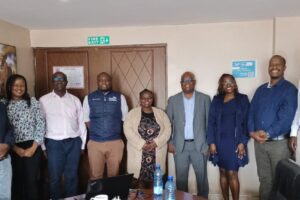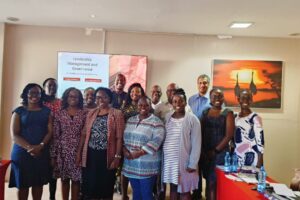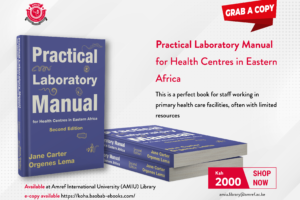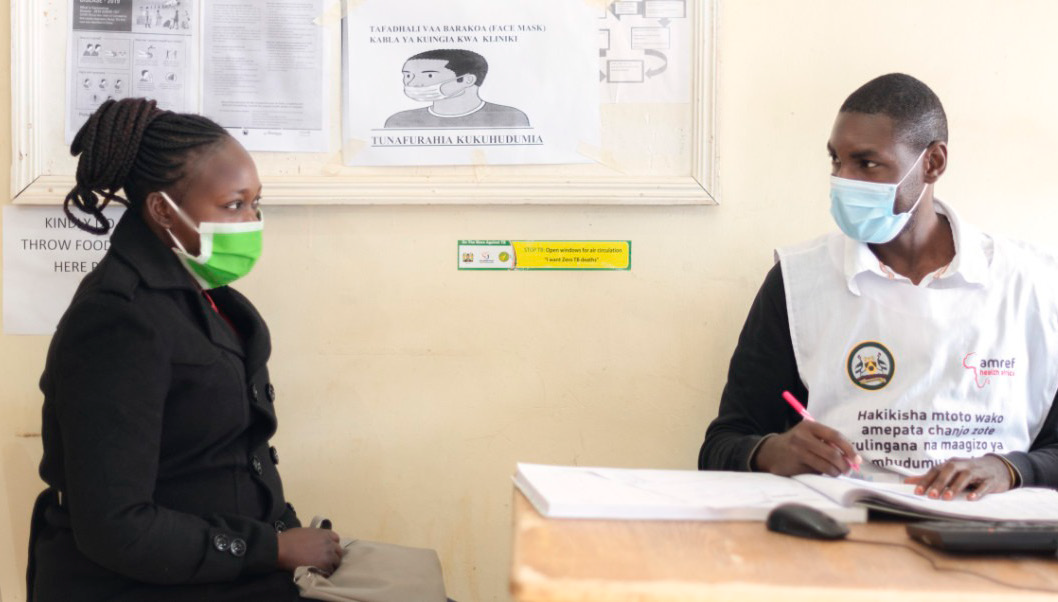
Building the COVID-19 Health Workforce in Africa through Online Learning
The year 2020 came with various twists and turns – the COVID-19 pandemic being the center of focus. This little known disease with no known cure spread rapidly across the globe. Many people lost their lives, many more lost their livelihoods. Much as health workers deeply yearned to save their communities from the effects of the pandemic, they had limited knowledge on the disease. This was a common problem in the initial period of the pandemic. There was a dire and urgent need of health education on COVID-19.
In a swift move to address this, various emergency responses were implemented. Resource materials and information packages on COVID-19 were generated by the World Health Organization and Ministries of Health all over the world. This information needed to be cascaded to the health workforce quickly and in a well packaged manner, to equip them with the necessary knowledge and skills to educate their communities on prevention measures as well as being able to serve them effectively despite the prevailing pandemic.
It is during this period that the Internet Society Foundation Emergency Response Program offered grant awards of up to $500,000 for Internet-based projects that responded to challenges presented by the COVID-19 pandemic. Amref Health Africa, through the Institute of Capacity Development, was one of the four organizations awarded grants through this program. Through this grant, Amref was able to equip health workers across Africa with the knowledge and information they needed to teach communities how to prevent and manage COVID-19. This knowledge served both their individual and community needs. Having been equipped, the health workers were able to adequately serve their patients at health facilities and within their communities.
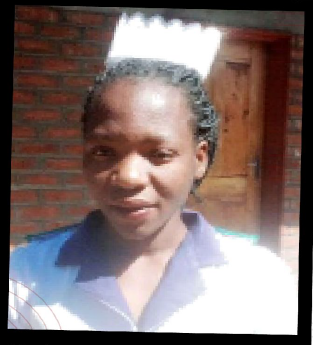
This initiative would see over four million people benefit from services by this empowered group of health workers, whose confidence and skill levels have directly increased following the training they received.
In the words of Monica Kachamba, a health worker in Malawi, “The training has benefitted me as a bedside nurse because it was my first formal COVID-19 training. I have gained a lot of knowledge on management of COVID-19 patients. Besides, I now have factual information that has helped clear the myths, misconceptions and the wrong information I had about the pandemic.”
See the full report of the Internet Society Foundation Emergency Response at this link.
